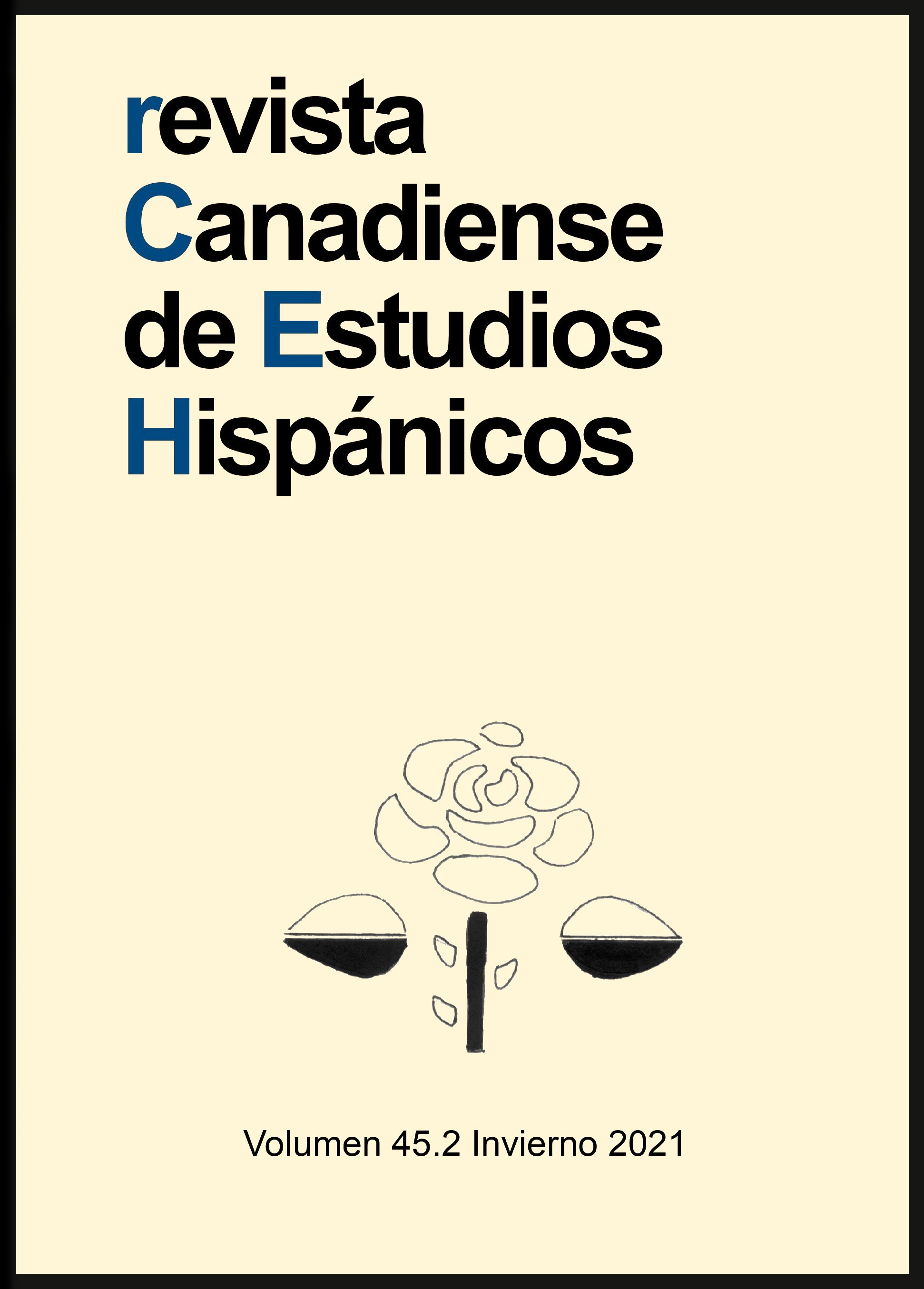La gallina ciega de Max Aub. Procesos de subjetivación y estrategias biopolíticas en la España del tardofranquismo
DOI:
https://doi.org/10.18192/rceh.v45i2.6691Abstract
This article explores Spain’s consumerist and depoliticized society established in the 1960s, the so-called “developmentalist” or “technocratic” decade of Franco’s state, through the prism of Max Aub’s novel La gallina ciega (1972), as well as its subjective effects on the Spanish people: conformism, individualism, depoliticization. Theoretically drawing on Michel Foucault’s notion of “biopolitics” and the reinterpretation of this notion by Gilles Deleuze (“society of control”), the article focuses on the new strategies of subjectivation and socialization (i.e., “mesocratic” consumerism, culture of entertainment, cultural patriotism, the discourse of “social peace,” the obliteration of memory), all enabled by the so-called economic “miracle” of the 60s and their broader implications for the social body of Spain.
Downloads
Published
Issue
Section
License
Copyright (c) 2023 Eduardo Matos-Martin

This work is licensed under a Creative Commons Attribution 4.0 International License.
Aquellos/as autores/as que deseen publicar en la RCEH o tengan publicaciones en esta revista aceptan los siguientes términos:
- La RCEH solo publica artículos inéditos.
- Los artículos enviados a la RCEH no deben estar bajo consideración en ninguna otra revista o editorial.
- Los/as autores/as podrán incluir imágenes cuando las consideren esenciales para su estudio. Es responsabilidad suya el obtener por escrito la autorización para su reproducción y presentarla a la RCEH.
- Los/as autores/as conservarán sus derechos de autor y garantizarán a la RCEH el derecho de primera publicación de su obra, el cuál estará simultáneamente sujeto a la Licencia de reconocimiento de Creative Commons que permite a terceros compartir la obra siempre que se indique su autor y su primera publicación en la RCEH.
- 12 meses después de la publicación de su obra en la RCEH, los/as autores/as podrán adoptar otros acuerdos de licencia no exclusiva de distribución de la versión de la obra publicada (p. ej.: depositarla en un archivo telemático institucional o publicarla en un volumen monográfico) siempre que se indique la publicación inicial en esta revista.


